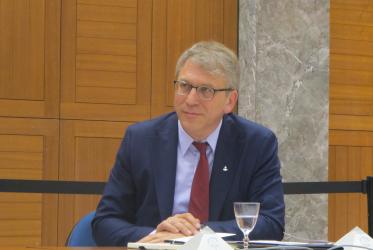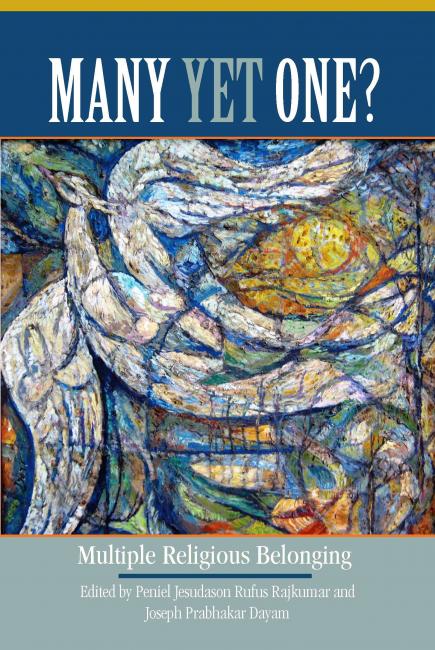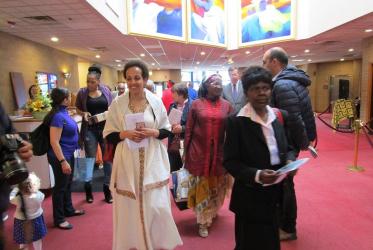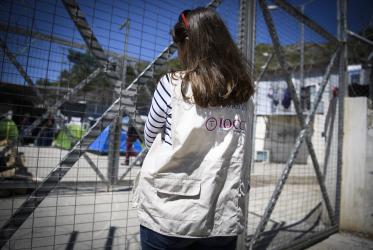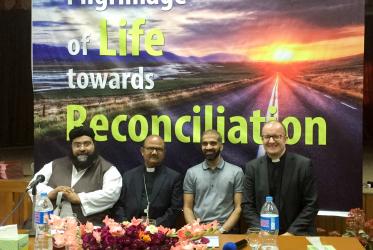Displaying 1741 - 1760 of 2165
Panel discussion fields ideas on European identity
26 April 2016
USA Racial Justice Accompaniment Visit
18 April 2016
A Light to the Nations.
The Indian Presence in the Ecumenical Movement in the Twentieth Century
15 April 2016
Catholic-WCC group pursues new mandate
13 April 2016
International affairs facilitator reflects on pilgrimage
31 March 2016
Church of Pakistan hosts Muslims, Christians
23 March 2016

